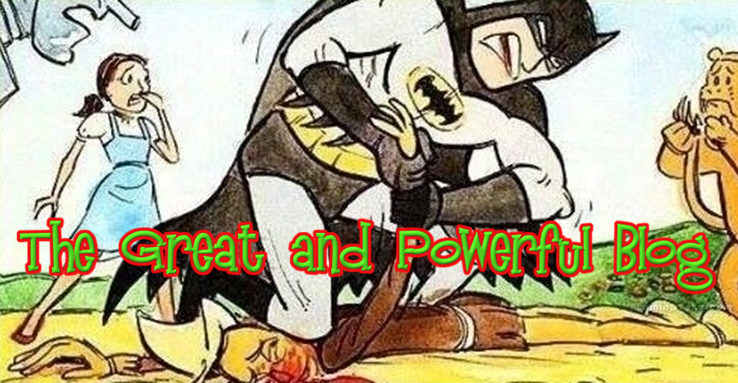'Salem's Lot was King's first real horror novel, and in many ways it sets the tone for the rest of his career. What we have here is the quintessential example of Stephen King horror; a small New England town hidden away in the back roads of rural Maine that harbors a sort of underlying taint. Enter Ben Mears, the world-weary writer who's come to 'The Lot' to clear out the mental cobwebs while he writes his newest novel (a la Jack Torrance, Paul Sheldon, etc).
True to the novel's name, the titular town of Jerusalem's Lot is the real star of this one. The Lot feels like a living, breathing character unto itself, with a secret that acts as a slow-gestating cancer, revealing the town's inner rot long before the vampires show up and start killing people. Everyone in Jerusalem's Lot has a secret. From the teenage mother who beats her baby to a pulp to the husband who batters and rapes his wife, the populace is like the town itself, pretty on the outside, but with a hidden taint that slowly bubbles up to the surface.
I find that upon a re-read, this is what I appreciate most about 'Salem's Lot, the slow burn of the first act where the reader is invited to just revel in the charming malevolence of the town. You see here King's love of New England as well as his skill as a horror novelist in the way he seamlessly weaves the more endearing aspects of rural Maine with the corruption and depravity of The Lot. Beautiful and toxic all at once, the way that pollution makes for a colorful sunset.
Really, it was The Lot that drew Barlow and Straker (which incidentally, sounds kind of like Bram Stoker). The Marsten House, the "dark idol" of Jerusalem's Lot, as Ben calls it, stood before they came into the picture, and it exudes a malevolence over the town that gives readers a chill well before the bloodbath of the second act. A vast improvement over the buildup to the prom night massacre in Carrie, half of the fun in reading 'Salem's Lot is the steady tension that accumulates well before the first vampires begin rising from their graves.
I haven't read 'Salem's Lot in a few years, and honestly I was surprised by how well the book has held up. I think it's a testament to the enduring nature of King's literary ability that this is still such an enjoyable read in 2016, when vampire literature has been driven so thoroughly into the ground that not even a visit from Mr. Barlow will bring it to life anytime soon (and yes, this happened well before Twilight came out. That was just the final nail in the proverbial coffin). 'Salem's Lot is essentially King's retelling of Stroker's Dracula, and this old-world-meets-new style of horror is what I think saves the book from bearing the full weight of the otherwise bloated sub-genre.
Continuity:
 |
| Picture by Michael Whelan |
Aside from Father Callahan's future Dark Tower adventures with Roland and the Ka-tet (where we are also given Barlow's backstory), there are two short stories that directly tie in with the events of 'Salem's Lot. Jerusalem's Lot is a prequel, and has a sort of Poe-meets-Lovecraft vibe to it, while also calling back to Stoker's Dracula via portions of the story told in letters written by one of the characters. The other story, One for the Road takes place some years after the conclusion of 'Salem's Lot, and deals with the aftermath of Ben's decision to burn The Lot down, and how the fallout of the vampire situation is experienced by surrounding communities. Both stories are well worth the time of any Stephen King fan and can be found in the excellent collection Night Shift.
Conclusions:
'Salem's Lot was the first King novel I ever read, and to this day it remains one of my favorites. If anything the book has only gotten better with age. Arguably the slowest of King's slow burns, it nevertheless remains enjoyable upon multiple re-reads, without dragging or feeling stagnant at any point. The meandering first act wherein we get to know the town of Jerusalem's Lot is a delight in and of itself, revealing King's earnest love of rural New England, all while gradually and chillingly building tension for the bloodbath of the second half.
'Salem's Lot more than fulfilled the promise that Stephen King first made with Carrie, representing the first (or second) of his many contributions to the horror genre. This is some of King's best work, and in his next book he really starts to shine.
'Salem's Lot more than fulfilled the promise that Stephen King first made with Carrie, representing the first (or second) of his many contributions to the horror genre. This is some of King's best work, and in his next book he really starts to shine.


No comments:
Post a Comment